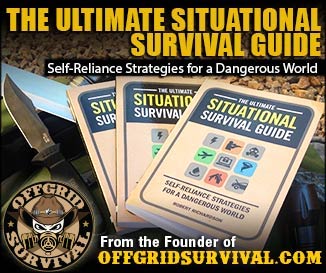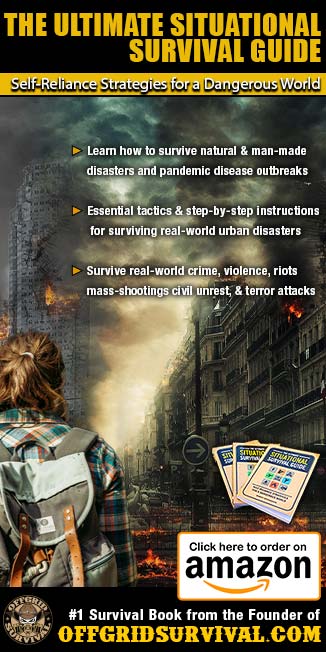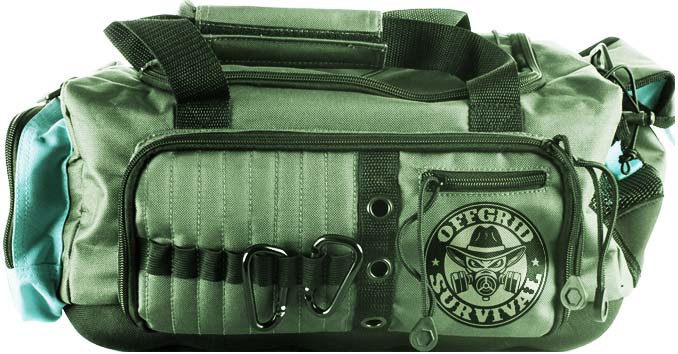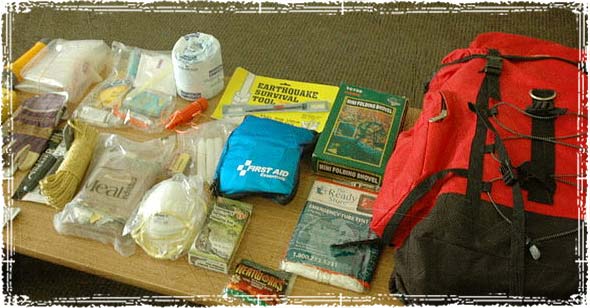None of us like to think about the possibility of catastrophic disasters, but pretending like they don’t exist does nothing to prepare you for the very real possibility of something going wrong.
Whether it’s a fire, flood, earthquake or something even more chaotic like a terror attack or economic collapse, at some point you are probably going to have to face a crisis where not having a plan could be a deadly mistake.
Do you have a survival plan? If you don’t, what are you waiting for?

Having a good survival plan is one of the most important parts of preparing for future threats. All too often people make the mistake of bypassing the planning phase, an instead jump head first into buying a bunch of survival supplies that they probably have no idea how to use, or if they even need them.
If you’re spending money on preparedness related supplies, but never bothered making a plan to survive during an emergency situation, those supplies are not only useless, you’re portably going to end up severely injured or dead. It may sound harsh, but during an emergency situation only two things really matter: your planning and how well you practiced those plans.
What Disasters should you plan for?
When formulating a plan of action, you want to consider the most likely threats you’ll face. This is usually based on where you live, and what dangers are present in your immediate area. Preparing for a Hurricane when you live in the Midwest would be pretty pointless, so plan accordingly.
Preparedness means knowing exactly what situations you’re preparing for, and then having a plan in place to deal with each of those scenarios.
Here are a couple questions you should ask yourself in the planning process:
- What are the most likely disasters I will face?
- How long can I survive in my home without power & utilities?
- What steps do I need to put in place to survive a disaster?
- How will I feed myself and my family during a disaster?
- If I had to evacuate right now, how would I do it and where would I go?
I encourage you to start thinking about these questions, and what problems you need to address that might be unique to your situation.
- Do you have medical problems that need to be addressed?
- Are there local threats that may get worse during a disaster situation?
- Do you have a group in place that can help when things go bad?
The last thing you want to find out during a disaster is that you put yourself and your family in danger because you failed to make a plan.
Steps you can take help prepare for emergency situations:
- Perform a Threat Assessment – By performing a realistic threat assessment, you can get a better idea of what threats you’re facing, and then figure out how to prepare for those threats in the future.
- Perform a SWOT Analysis A SWOT Analysis is a great way to determine how prepared you really are, and will quickly point out any weaknesses you may have in your plan.
- Plan for the most likely Crisis Situations When you’re just getting started, you want to prepare for the most likely threats and dangers you’ll face. Make sure you know what those are, and don’t worry about the hypothetical ones that make for good headlines.





